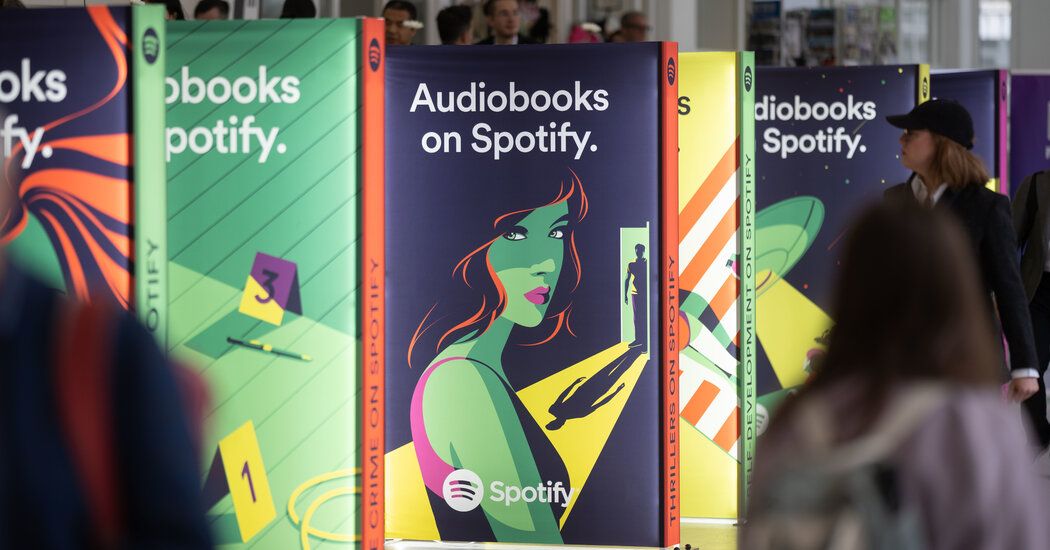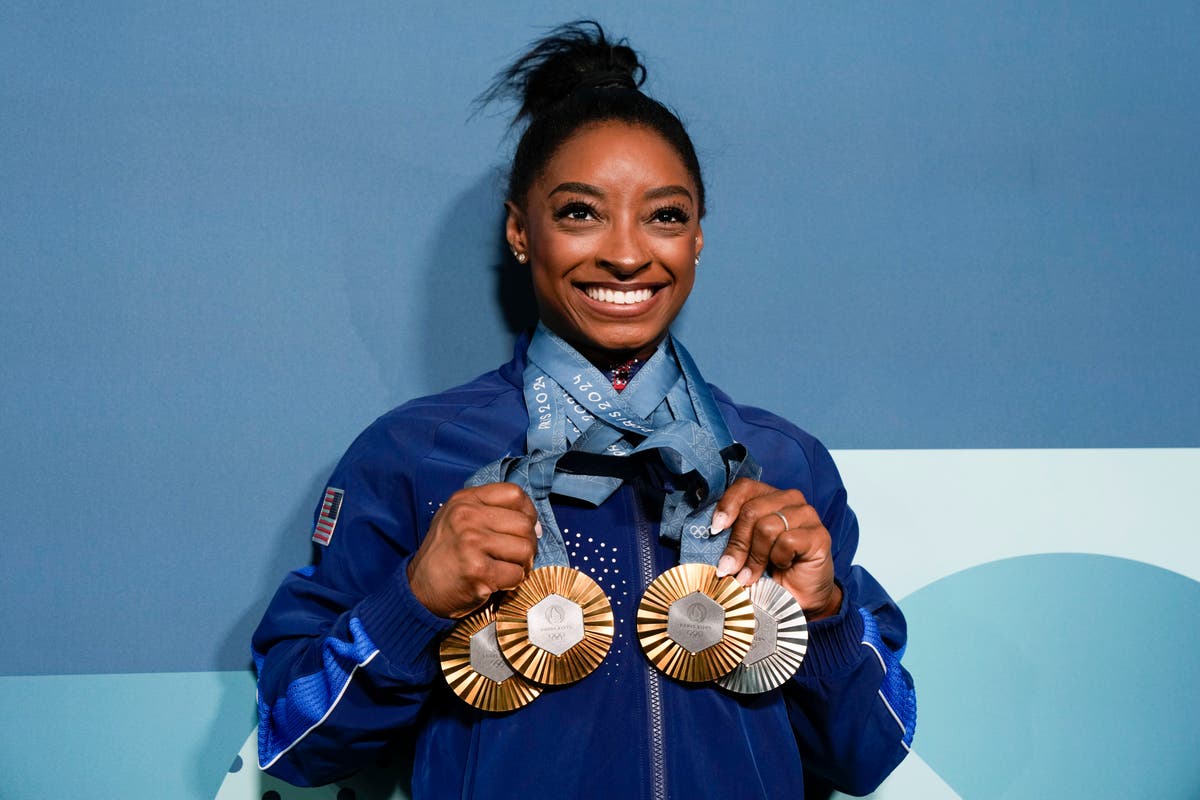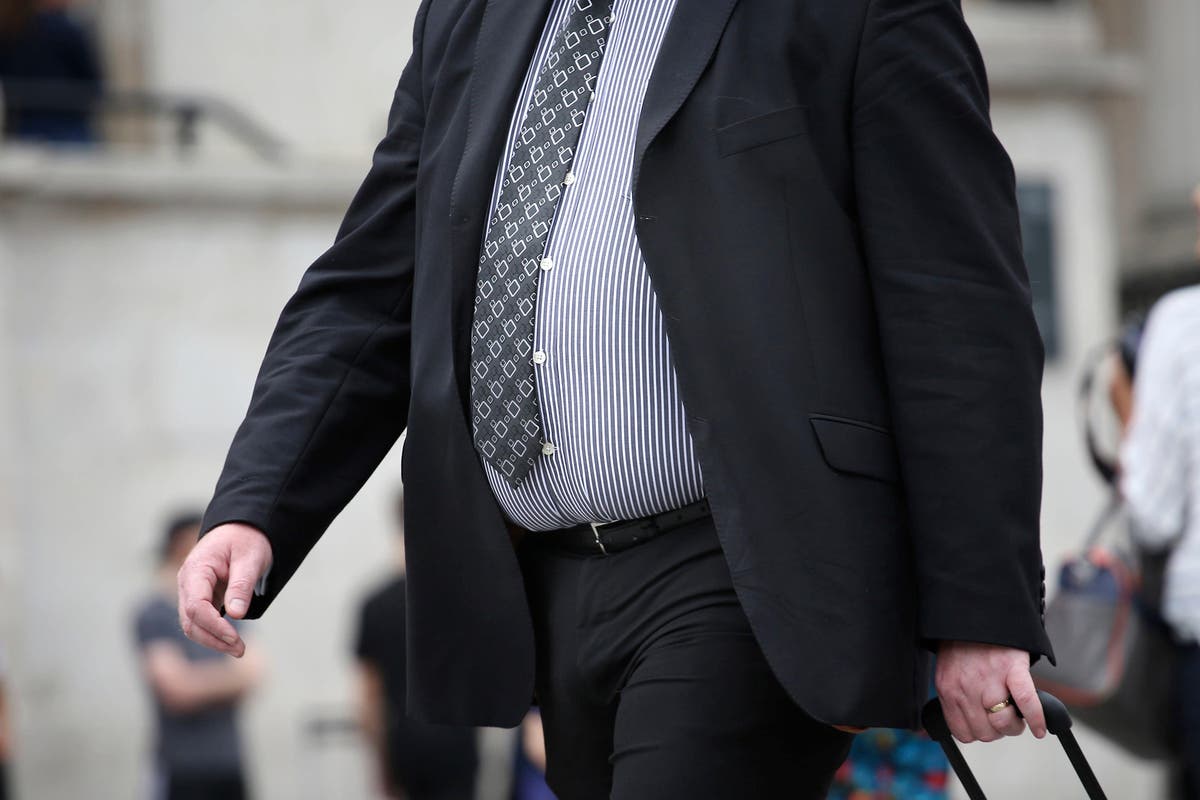When Spotify announced last fall that it would be adding audiobooks to its streaming service, reactions in the publishing world were mixed: Many publishers saw Spotify's entry as an opportunity to reach new audiences. But some agents and authors worried that streaming could erode the value of audiobooks, a lucrative and growing format.
A few months later, there are early signs that Spotify is further driving audiobook consumption, which has been growing dramatically for more than a decade.
Excluding Spotify, the audiobook market in the United States grew 14 percent in the fourth quarter of 2023 compared to a year earlier, according to Bookstat, which estimates audio sales at retailers such as Apple and Audible.
With the addition of Spotify, the audiobook sector grew 28 percent in that period, the company said. Using figures provided by Spotify, Bookstat estimated that Spotify had an 11 percent market share, putting it ahead of Apple and behind Audible, which has long been the dominant player in the medium.
“This suggests they grew the market rather than cannibalizing existing Audible and Apple customers,” Bookstat founder Paul Abbassi said of the data.
In recent months, Spotify has paid audiobook publishers tens of millions of dollars in royalties, a company representative said. Best-sellers such as Britney Spears' memoir, “The Woman in Me,” which was the most streamed on the platform, and Brianna Wiest's 2020 self-help book, “The Mountain is You,” have proven to be particularly popular with listeners.
“In December, it was four to five times the sales we would normally see,” said Noelle Beams, chief operating officer of Thought Catalog, the publisher behind “The Mountain is You,” which has earned hundreds of thousands in royalties through Spotify. “This shows us that there are new audiences to reach.”
Spotify subscribers are also testing and listening widely: In recent months, Spotify users have listened to more than 90,000 individual titles from the platform's catalog of more than 200,000 audiobooks, the company said.
Spotify now releases titles like Spotify Audiobooks and produces them through Findaway, an audiobook production company that acquired Spotify. Its entry as an audiobook producer and retailer could make the already hectic market even more competitive. For potentially big books, audio rights can sometimes sell for six-figure sums.
Audiobooks have become a lucrative format for publishers. Digital audio grew more than 500 percent between 2013 and 2022, reaching revenues of $839 million, according to the Association of American Publishers. For certain genres, such as self-help and celebrity memoirs, audio sales can match or exceed print sales.
Audio is such an important source of revenue that some in the industry worry that streaming could dilute it.
“The big fear for agents who want to give their authors a living wage is: Will this drive prices down?” said Sandra Dijkstra, literary agent. “Will this do for books what Spotify did for music?”
Spotify's expansion into the book market comes at a challenging time for the company. While it has a huge paid subscriber base of over 226 million users, it has struggled to turn a profit from its music business. The push into podcasting gave Spotify a greater presence in that growing medium, but it has since retreated, canceling shows and cutting jobs in its podcasting division. It recently announced plans to lay off 17 percent of its staff, about 1,500 people.
By adding audiobooks, Spotify aims to attract new subscribers and keep existing subscribers on the platform longer. Last fall, it began offering premium subscribers in the United Kingdom, Australia and the United States 15 hours of audiobook listening per month as part of their existing subscription. Those who want to listen to more can pay $12.99 for another 10 hours of audiobooks.
In the United States, Spotify got the five largest publishers to put books on its platform, as well as smaller publishers and self-published authors, and closed different deals with several publishers.
David Kaefer, head of Spotify's audiobook business, said its payments are consistent with what other major retailers offer. “Every agreement we have is a model that the industry already uses,” he said. “They are not a wild new approach.”
Some major publishers, including Hachette and HarperCollins, put their entire audio catalogs on Spotify, while others like Macmillan only provided a selection and allowed authors to opt out. Many authors and agents were caught off guard, and the variety of financial arrangements created anxiety and confusion, several agents said.
“The problem is that this is based on the consumer mentality that books should be much cheaper, or even free,” said Robert Gottlieb, a literary agent and president of Trident Media Group, which represents more than 2,000 authors.
For now, publishers are hoping that Spotify's personalized, algorithm-based recommendations will direct its users to books they otherwise wouldn't have discovered.
Amanda D'Acierno, president and publisher of Penguin Random House Audio, said that based on the titles being sold, the demographic on Spotify appeared to be younger and more male than the traditional audiobook audience.
“What we've seen here in the United States is very, very good,” he said. “They're reaching people who don't go to bookstores often.”












